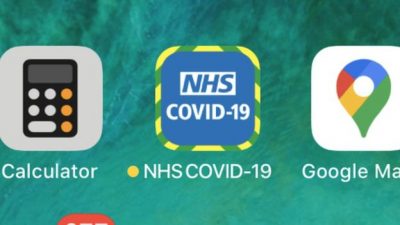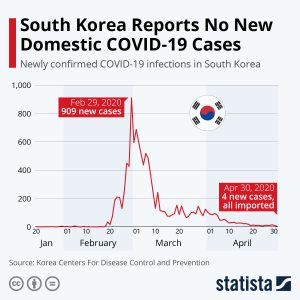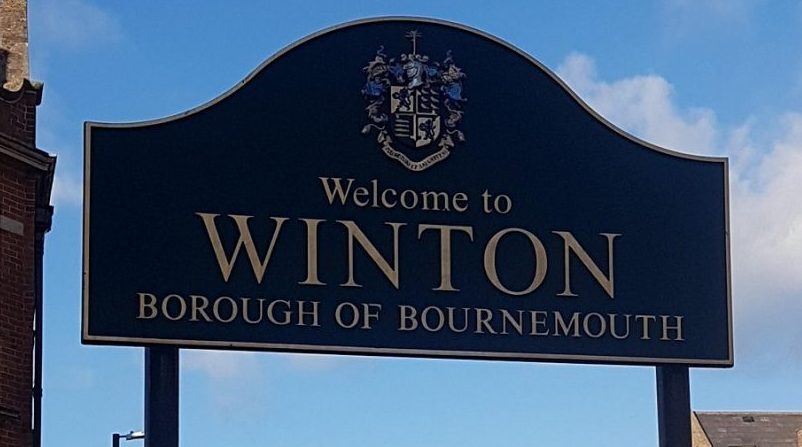To ease the lockdown restrictions, the NHS has designed a unique app to track patients with coronavirus symptoms across the country without putting public safety at risk.
The new contact tracing app is developed to test, track, and trace on a mass scale. Being designed at the Royal Air Force (RAF) base, it comes with full privacy and security of information.
On May 5th, the app was launched on the Isle of Wight and will be rolled out to the whole of the UK, if positive results are shown. At this stage, only the NHS and council workers on the isle have access to the app.
On May 7th all other people will be receiving a leaflet containing a link to download from their respective stores.

What is it and how does it works?
The app is designed in a specific way that low energy blue tooth signals will be used to detect users with symptoms.
Once you downloaded and installed the app, enter your postcode.
After that, you will be asked to set up app permissions.
First enable blue tooth, which uses low energy signals to detect nearby phones using the app and then accepting push notifications, which will alert you as well as others if they get in contact with symptomatic people.
It will then ask a question keeping on the advice to stop the spread of the virus: “How are you feeling today?”
Some of the possible answers are: “I feel unwell – I have a high temperature or continuous cough and want to know what to do next.” By choosing that option, you are asked whether you have a high temperature or a continuous cough.
If the answer is yes to either question, you are asked when the symptoms have started.
Based on that, you are told to self-isolate and will be arranged with a swab test delivered to your home or in a nearby hospital or clinic.
It also set off cautious alerts to those people using the app who have been in contact with you in recent days, and if the result of the test is positive, contacts will be told self-isolate based on the proximity of the positive patient.
Is the data treated confidentially?
Despite the app being used for a greater cause, there are many privacy concerns raised by experts asking – will the app protect one’s private and confidential data?
Several measures have been taken to protect the right to privacy of every individual, however,
“We need to do everything we can to help slow the outbreak. Contact tracing requires handling very sensitive data at scale, and solid and proven techniques exist to help us do it while protecting our fundamental right to privacy. We cannot afford to not use them,” – Dr Yves-Alexandre de Montjoye, head of the Computational Privacy Group (Imperial College London)
External parties exploiting the app will be avoided by regularly changing and re-anonymizing identifiers like location data.
When will it launch?
The app is available for the NHS and the council workers on the Isle of Wight at the moment; and is two or three weeks away for the rest of the country.
What do the key workers think?
However, some key workers think that the app will not be widely used as the government is more focused on reopening the economy than keeping people safe.
How are other countries dealing with contact tracing?
Many other countries introduced contact tracing apps among South Korea to become the best in using and tracking people.
South Korea with its technologically highly developed economy used mobile technology against the outbreak in the form of contact tracing, having been able to successfully flattening the curve on Covid-19 in 20 days without enforcing extreme lockdown measures.

People who tested positive were asked to describe their recent movements, by GPS phone tracking, isolated and treated at home or the center.
Subsequently, all the people they had been in contact with were traced and tested too. This is called ‘contact tracing’.
Private and national healthcare systems joined forces to set up a testing effort which includes more than 600 locations screening 20,000 people per day.
Since the disease can infect others, it is true that public interests tend to be emphasized more than human rights. – Jung Eun-Kyeong|Korea Centers for Disease Control and Prevention
At these difficult times, the UK government urges people to cooperate in bringing back the country to its former strenght.






